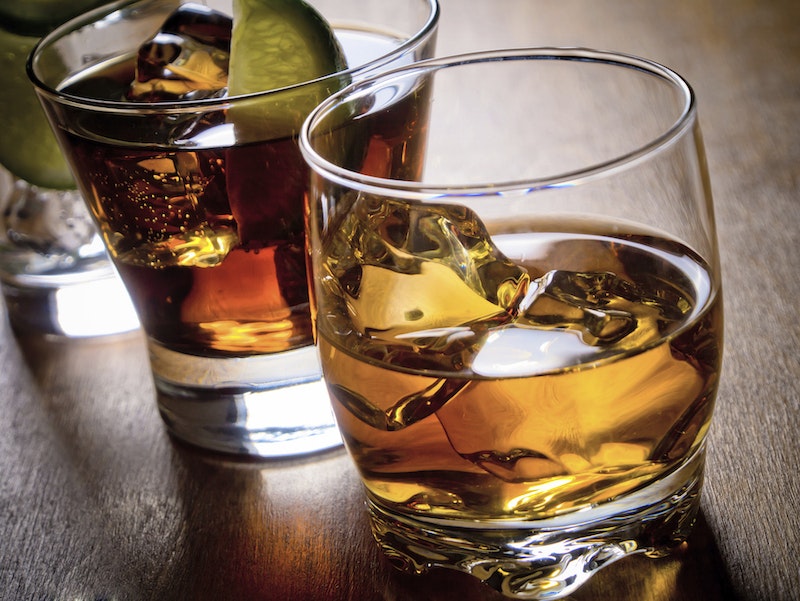How does alcohol affect sleep?
Plenty of people have a drink to help them sleep at night. While alcohol is a sedative and can have relaxing or calming effects, a nightcap isn’t the best way to get a good night’s sleep.
As a sedative, alcohol interferes with all kinds of brain signals, causing well-known signs of drunkenness — slower reflexes and problems with coordination, balance, speech, and judgement. Drinking also affects how the brain controls sleep-wake cycles, and the effects can last hours after the alcohol has cleared out.
For the first half of the night, drinking close to bedtime means more deep, dreamless slow-wave sleep and less dreaming or REM sleep (named for rapid eye movement).
Later in the night, things get more complicated. As the alcohol clears out of the bloodstream, sleeping patterns may actually get worse. You may have trouble staying in those deeper sleep phases and spend more time in light sleep or having vivid or strange dreams in REM sleep.
You might also find yourself waking up for obvious reasons like needing to go the bathroom or because you’re thirsty. Once you’re up, you may have trouble going back to sleep. The older you are, the more your sleep may be affected.
Alcohol also relaxes the muscles at the back of throat, partly blocking the airway and causing or worsening snoring. In some people it can cause or worsen sleep apnea, a serious disorder marked by loud snoring and interrupted breathing. Sleep apnea causes restless sleep, daytime fatigue and drowsiness, even high blood pressure, stroke, and other problems.
Does that mean I shouldn’t drink at night?
You can still enjoy your favorite evening cocktail or cognac, just keep a few things in mind. Besides helping you sleep well, these tips might help you avoid a hangover the next day.
Don’t drink to fall asleep. It might be tempting, especially if you having trouble falling asleep, but alcohol won’t get you the restful sleep you need. Instead, try getting to bed at a regular time, turning off screens early, and avoiding caffeine late in the day. If you’re wide awake in the middle of the night, get up and read or watch TV for a bit and try again later.
Take it easy. Experts define moderate drinking as one drink a day for women, two for men. (A drink is a 12-ounce beer, 5-ounce pour of wine, or 1.5-ounce shot of liquor.) This amount doesn’t seem to have a major effect on REM sleep in studies, but everyone’s different.
Drink water as you go. Try to have a glass of water for every alcoholic drink to pace yourself and stay hydrated.
Wrap up early. Finish your drinks at least an hour before bed. (Drinking close to bedtime affects the second half of your night.)





